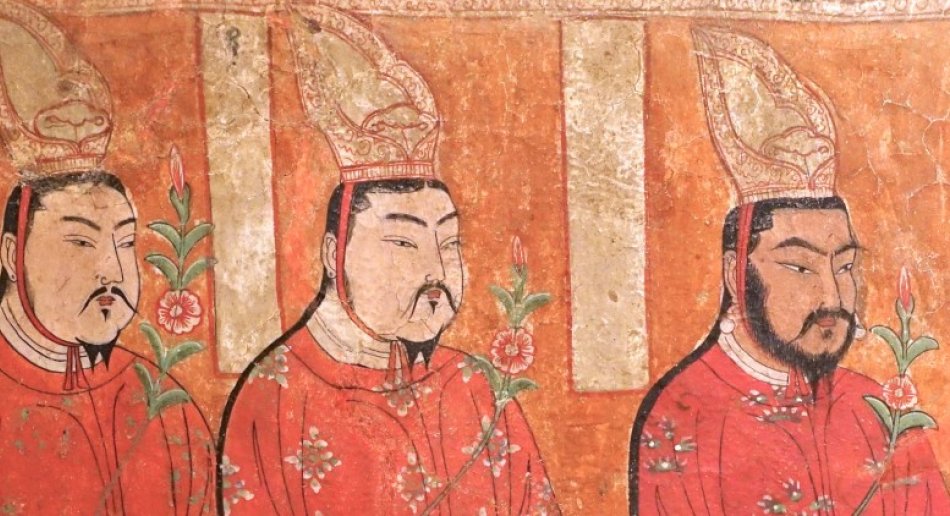- Time:
- Place: Auditorium 2
- Add to calendar
Why Did the Uyghurs Become Buddhist?
In 762 CE, the ruler of Uighur steppe empire, Bügü Khan, converted to Manichaeism. The Uighur elite continued to embrace this tradition even when their empire on the Mongolian plateau collapsed and they fled to present-day northwest China. But around the year 1000, the Uighurs converted to Buddhism, the dominant religion among their subject peoples—the Chinese, Sogdians, and Tocharians—and would remain Buddhist until their conversion to Islam centuries later. This talk explores the Uighurs’ conversion in the larger context of Eurasian geopolitics and the contemporary messianic belief that the end of the Dharma was nigh.
Dr. Johan Elverskog is Dedman Family Distinguished Professor, Professor of Religious Studies, Dedman College of Humanities and Sciences, USA. He is currently Nina Maria Gorrisen Fellow at the American Academy in Berlin. Elverskog has published widely on the history of Buddhism across Asia and is the author and editor of nine books and numerous articles, which have won several awards and also been translated into Chinese, Korean, and Russian. He is currently working on two projects. The first is a history of Buddhism among the Uygurs of northwest China. The second is an edited volume Sources of Mongol Tradition, which is a comprehensive collection of Mongolian works covering the development of Mongolian civilization from the earliest beginnings until today, and is under contract with the Introduction to Asian Civilizations Series of Columbia University Press.
Prof. Jens Braarvig (PHI) will serve as discussant. The discussion will be chaired by Prof. Iselin Frydenlund (MF).
This event is a collaboration between MF CASR, The Norwegian Institute of Philology (PHI) and the INTERSECT research project. It is funded by the Research Council of Norway.
Location: MF, Gydas vei 4, Majorstuen (next to Chateau Neuf), Auditorium 2, Ground floor.

